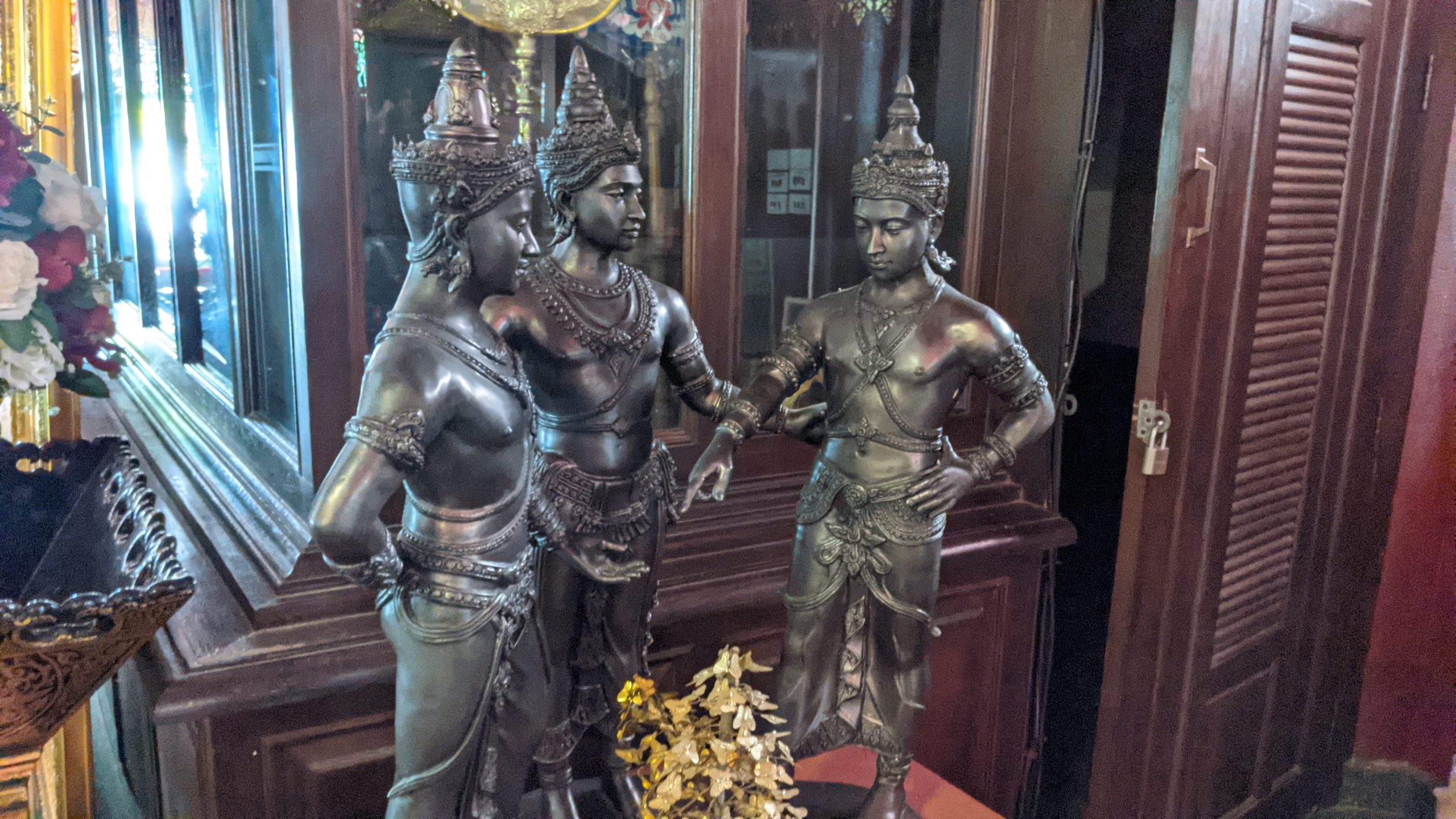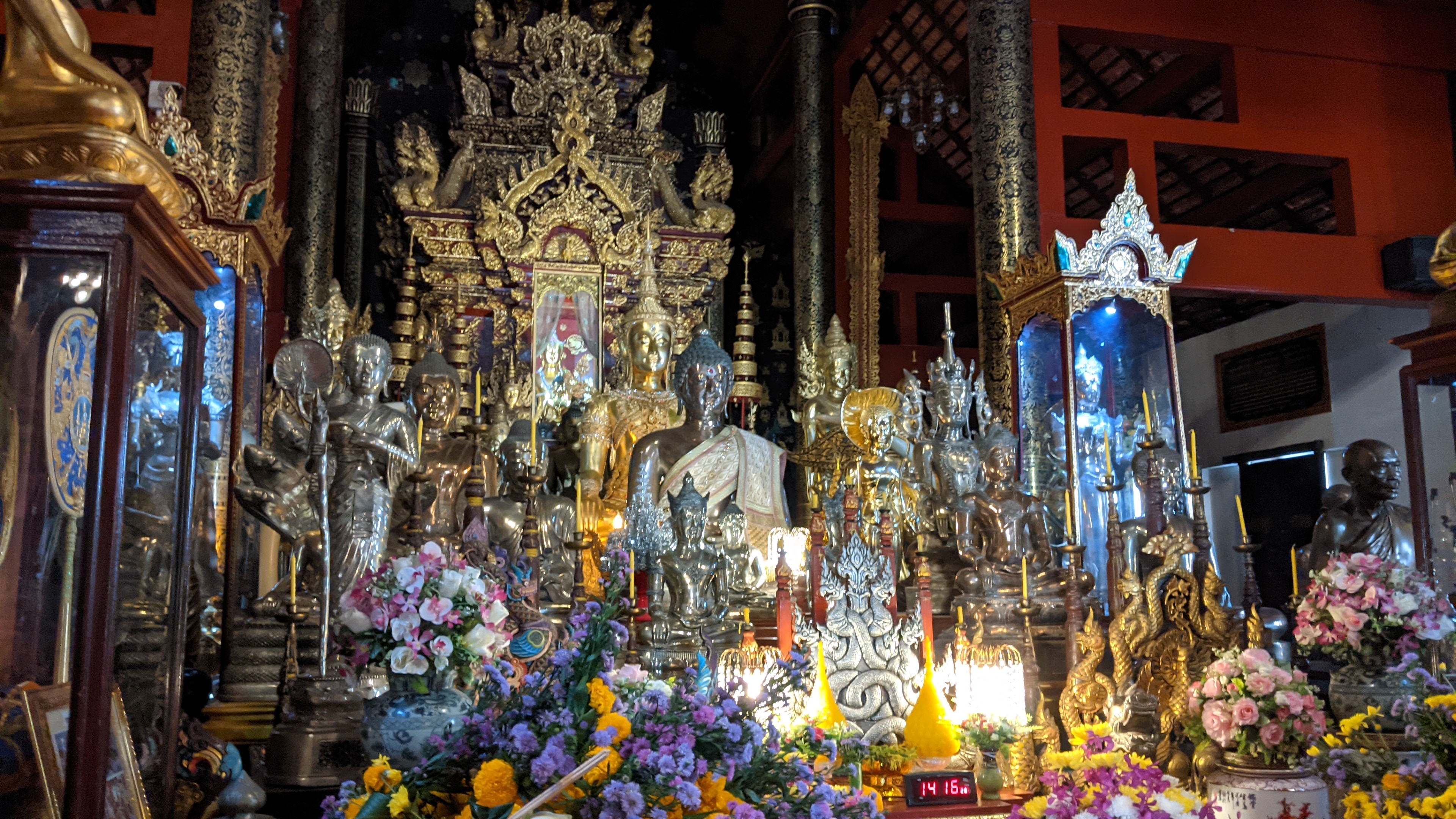
More on Barami
We can’t sum up Barami by saying “charisma” “power” or even “greatness.” It’s safe to say that those with Barami are typically great. When speaking of Barami, it’s often interpreted as language fit for kings, accomplished meditation masters, and widely influential individuals. These people make impacts. Though it’s suffice to say that there a number of such individuals who have done evil. Such figures cannot be said to have Barami.
It’s similar to Olivander’s, the man who sells Harry Potter his first wand, remarks on Voldemort, saying he did “great things, Terrible! But great.” That’s the way of greatness. All around us we can see people like this. Some of them are the leaders of countries, some corporations, and others even take up the heads of religious organizations or charities. Historically and in the midst of modernity there are no shortage of examples of charismatic, power individuals who bring havoc and suffering onto the world. Many names pop into my head; but if I were here to disparage all those who’ve done evil I’d waste my life and darken my own mind.
It’s in this fact that one can see the difference in Barami. We have no sufficient English equivalent, therefore we should seek to understand the concept through the Pali word “parami,” meaning spiritual perfection. These perfections are ten: Generosity, virtue, renunciation, discernment, persistence, endurance, truth, determination, good will, and equanimity. In these qualities rest the entirety of the path to enlightenment. For some, this means becoming an Arahant (a disciple of the Buddha). Others seek to be Pacceka-buddhas (Buddha’s who don’t teach but attain enlightenment on their own). Then there are the few, the ones who seek to develop their parami to the fullest, becoming the foremost in all the world, Buddhas. These aspirations are noble and lofty; but really these qualities apply to all of us.
We can all benefit from the development of paramis. To be more generous is shine light on all those you know. The cultivation of wisdom ensures one does not act stupid, does not give into evil ways. Upholding truth with determination makes one reliable. I’m reminded of a teacher of mine. A man excelling in gift giving- always willing to share his time, knowledge, and material goods. He patiently endures my stupidity and mistakes while having the wisdom to teach me well. I was once serving him food in the dining hall at his monastery and spilled some soup on his bowl. He gently said “you need to be more mindful” and I was given a lesson that resonated deep to my bones.
It’s in these paramis that one’s Barami becomes true. This is why we can’t simply call it “charisma” or “power.” A flavor of goodness and purity underlies this intangible force. It’s something people flock toward and ultimately benefit from.
Pictured below is a small copy of the Three Kings Monument in Chiang Mai and a vast array of statuary commemorating the Buddha, the Maha Jakkapat, and a number of famous monks, Buddhist figures, and members of Thai royalty. Also located at the temple are relics to these monks, The Buddha, and even kings( I think). Some of these remains take on special qualities. They radiate energy and some even crystallize or turn to gems. These miracles are said to be the result of the individuals accumulated Barami. It’s the quality and refinement of the individuals heart that shapes that piece of reality into something special. How does our heart shape reality?
Thank you for reading and take care,
-Alexander Davis

